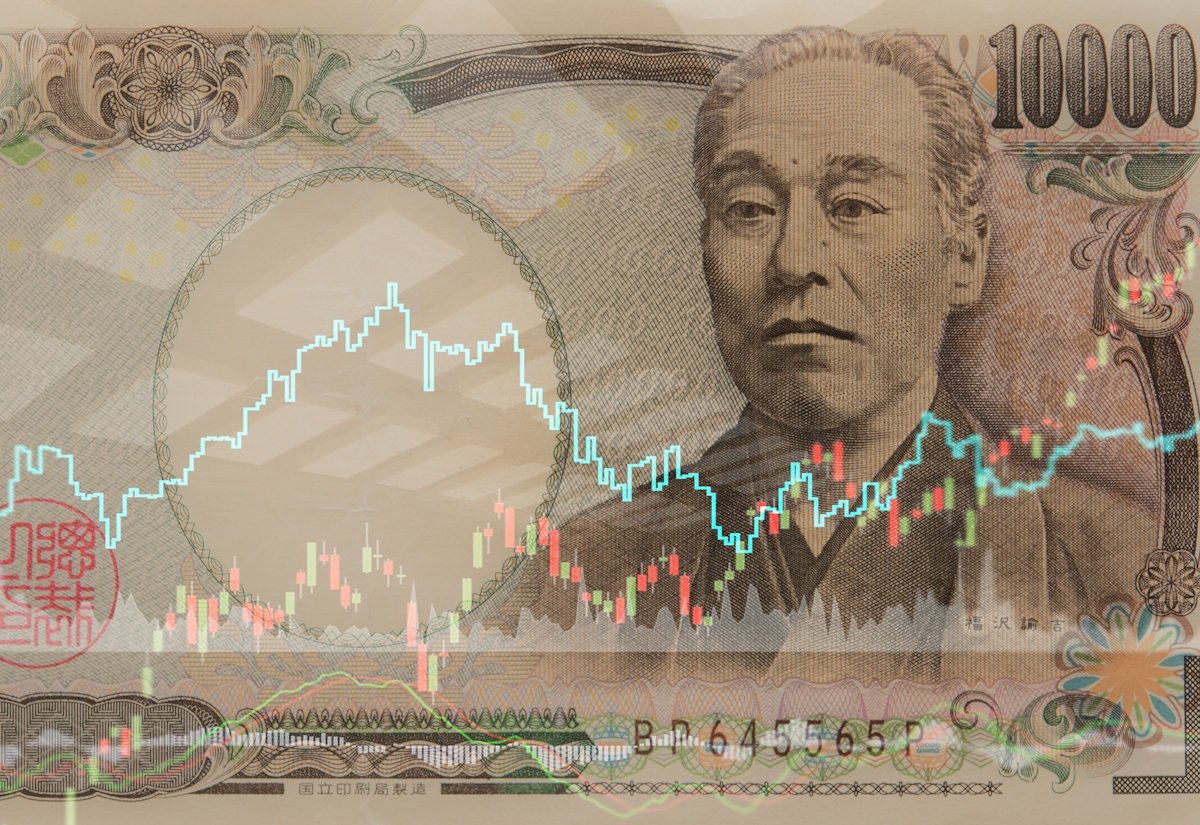With the ‘Oracle of Omaha,’ Warren Buffet, increasing his investments in Japan, the country’s stock markets are once again under the global spotlight. Following decades of neglect, the East Asian country has seen a considerable increase in foreign investment in 2023. And experts believe that a host of favourable factors have made investing in the country appealing once again.
On April 11, Buffet-led Berkshire Hathaway announced that it had increased its stake in five major Japanese trading houses to 7.4%. Subsequently, in the five trading days through April 14, foreign investors bought over $7 bn in Japanese equities. In total, foreign inflows to the Japanese equities market now amounts to $33 bn in 2023, the highest since 2013.
Speaking on this rise in interest in Japanese stocks this year, Charles-Henry Monchau, Chief Investment Officer at Syz Group, said: “There is currently a confluence of positive factors in Japan, including government policy, regulation, activists, flows from domestic and foreign investors, and attractive stock valuations. These are all ingredients that have the potential to lead to a significant market revaluation.”
Among other noteworthy developments in Japan’s financial markets, the Tokyo Stock Price Index (TOPIX) reached its highest level since 1990 in May, while the Nikkei 225 index finished above 30,000 for the first time since September 2021. Additionally, in the last seven months, the MSCI Japan Index has earned a 20% return in dollar terms compared to a 10% return from the MSCI USA Index.
What benefits the stock market is Japan’s economic outlook. According to the IMF’s world economic outlook in April, Japan is expected to grow by 1.3% this year and 1.0% in 2024. This is faster than Europe and almost matches US growth over the next two years.
Investing in Japan boosted by attractive valuations
Along with a positive macroeconomic outlook for the Japanese economy, the country’s ultra-loose monetary policy has meant that it is moving away from disinflation. Japanese inflation hit a 41-year high of 4.2% in January. Subsequently, consumer prices eased slightly but were still 3.5% higher in April 2023 compared to the same month last year.
“The return of inflation is a game changer for businesses and consumers. After decades of deflation during which most economic agents systematically postponed spending, the fact that prices are rising again is about to change consumption patterns and boost nominal GDP,” opines Syz Group’s Monchau.
Aside from that, attractive valuations have made investing in Japan desirable for investors. According to data from FactSet and Goldman Sachs Investment Research, while most global equity markets remain pricey relative to their historical averages, Japan is not one of them.
“Despite strong earnings revisions and improved companies’ fundamentals, the market did not re-rate and is trading at very attractive valuations versus global peers. A point to note is that lower starting valuations are supportive of likely future outperformance for the market,” writes Ivailo Dikov, Head of Japan Equities at Eastspring Investments.
Investing in Japan made easier by corporate reforms
Among the reasons that contribute to low valuations of Japanese stocks, a major one is that most Japanese corporations often withhold cash. They often refrain from deploying or returning it to their shareholders.
This, despite helping to increase the number of foreign entities investing in Japan, has adversely affected the country’s domestic interests, as per Dan Carter, Investment Manager, Japanese Equities at Jupiter Asset Management.
“About half of Japanese listed companies attract a price to book multiple of less than one… the fact is lamentable, a symptom of meagre financial returns and minimal expectations for change or growth,” writes Carter.
Thus, to deal with this situation, the Tokyo Stock Exchange (TSE) has made various changes. These changes include a broad restructuring of Japan’s market structure along with tightening of listing criteria to prevent cross-shareholdings.
Additionally, TSE also asked Japanese companies to increase their price-to-book ratios along with reducing discounts. Now, the exchange has threatened to de-list companies that fail to comply with the new criteria by March 2025.
“Corporate governance reforms have also prompted cost cutting, balance sheet restructuring, more efficient capital allocation and resulted in rising dividends and share buybacks, all of which are underpinning shareholder value,” said Eastspring’s Dikov.
“Over the longer term, Japanese companies are at the gateway of Asia ex-China, where they can both facilitate and partake in Asia’s growth story via the finance, retail, and consumer goods growth, but also by means of supporting factory automation, infrastructure, and energy transition,” he opined.


 Australia
Australia China
China India
India Indonesia
Indonesia Japan
Japan Malaysia
Malaysia Philippines
Philippines Singapore
Singapore South Korea
South Korea Taiwan
Taiwan Thailand
Thailand Vietnam
Vietnam







